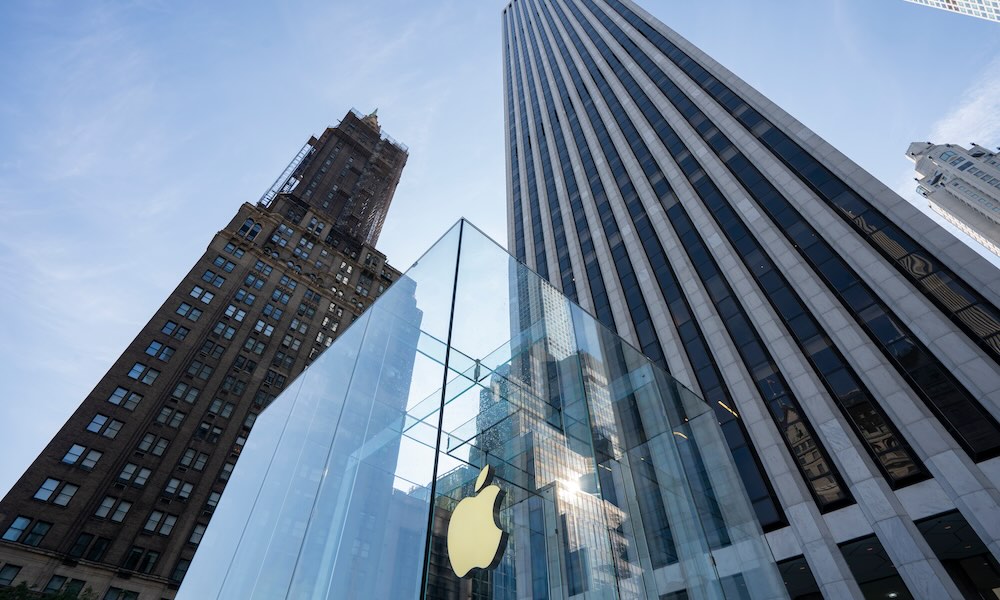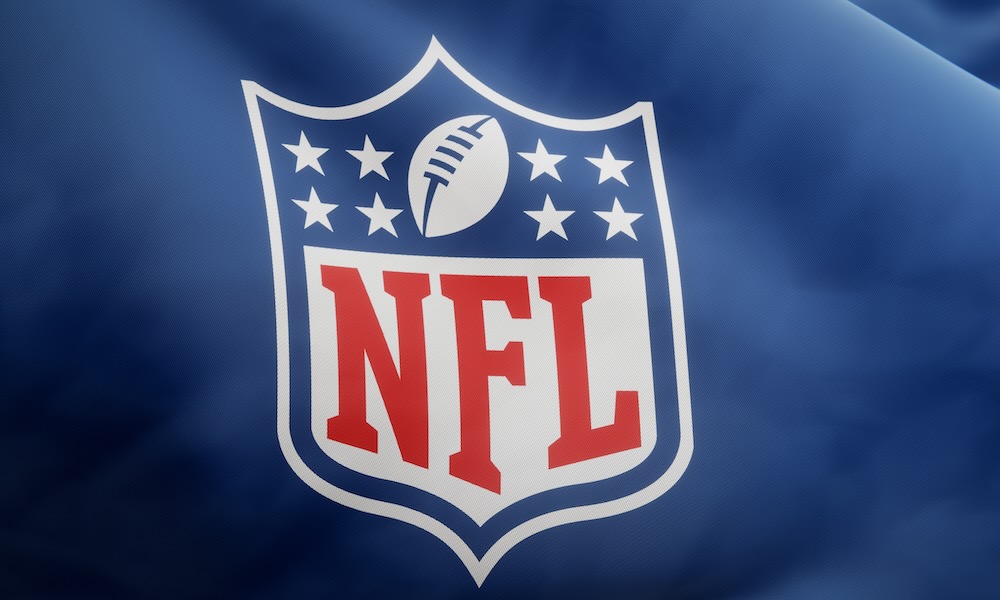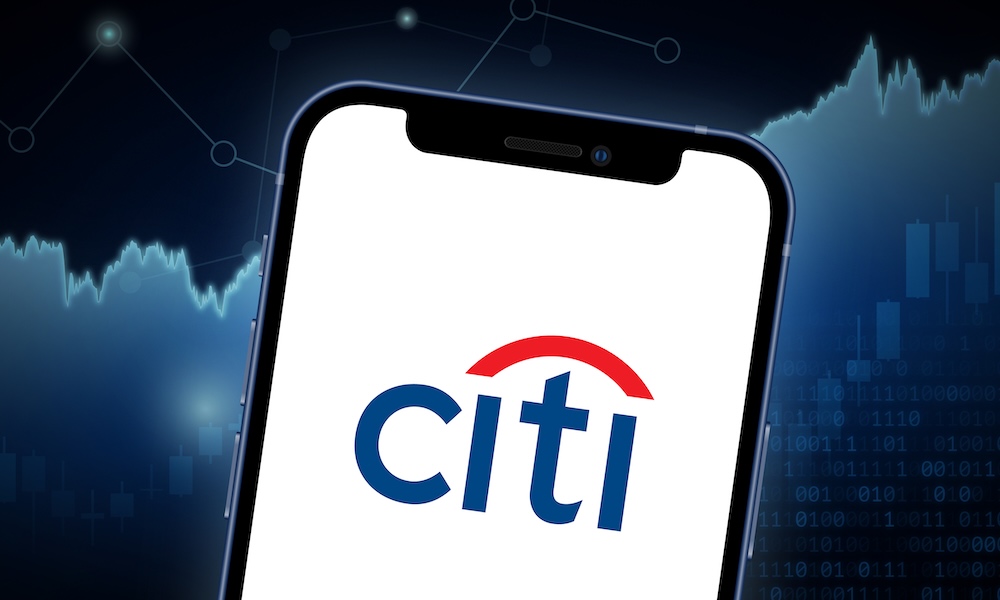DEI or Not? Apple and These Big Companies Keep Their Policies While Others Roll Them Back
 Credit: Tada Images / Adobe Stock
Credit: Tada Images / Adobe Stock
Toggle Dark Mode
The Trump administration has issued two executive orders that direct federal agencies to terminate “equity-related” grants or contracts, and require federal contractors and grantees to certify compliance with “any applicable Federal anti-discrimination laws.” The Trump administration considers DEI (diversity, equity, and inclusion) programs to be illegal discrimination. These orders have created confusion as to what DEI practices would be considered unlawful by the Trump administration.
Last Friday, a Biden-appointed federal judge issued a preliminary injunction, citing the orders as unconstitutionally vague. This ruling limits the Trump administration’s ability to enforce the orders, at least for now. There’s sure to be more litigation to follow, and it’s possible that a higher court issues a decision more favorable to the current administration. Rulings aside, some major corporations, like Apple, are sticking to their DEI policies, while others are doing an about-face. Here are some of the companies continuing their DEI policies, and the others that are terminating them.
Apple, Ben & Jerry’s, Costco, the NFL, Lush, Microsoft, and Patagonia are a few of the household names publicly reaffirming their commitment to DEI policies. Costco’s board of directors unanimously opposed a proposal filed by NCPPR (National Center for Public Policy Research), which requested Costco to evaluate and report the risks of maintaining its DEI policies. 98% of Costco’s shareholders agreed.
Meanwhile, cosmetics company Lush launched three new bath bombs named Diversity, Equity, and Inclusion. Lush’s global ethics director told ADWEEK the company wanted to ensure it was “visible in not rolling back.”
At the same time, National Football League Commissioner Roger Goodell stated, “We got into diversity efforts because we felt it was the right thing for the National Football League…We’re not in this because it’s a trend,” but a “reflection of our fan base and our communities and our players.”
While these major corporations recommit to their existing policies, others are publicly changing lanes. These include PepsiCo, Walmart, Target, Disney, Paramount, Citi, and Goldman Sachs.
On January 24, Target said it would end its DEI initiatives. Since then, projections indicate store traffic is down about 10%. The company has also been sued in a proposed class action for concealing the risks of implementing DEI policies.
Disney recently ended its “Reimagine Tomorrow” initiative, which included a website highlighting the company’s commitment to diversity and promoting underrepresented voices. It should be noted that Disney hasn’t abandoned its voice on these programs entirely; it’s merely rebranded its position.
Citi CEO Jane Fraser said the bank will no longer have “aspirational representation goals” and will change the name of its DEI and Talent Management team to “Talent Management and Engagement.” Citi’s position is likely due to its broad range of government contracts.
Regardless of where you stand on corporate DEI initiatives, it’s likely your viewpoints diverge from some of your favorite companies. Will it impact your loyalty or purchasing decisions? Perhaps more importantly, how will companies navigate the changing DEI political and legal landscape while maintaining obligations to their shareholders? So far, it looks like Apple is blazing a trail here while continuing to pump out awesome new products.










